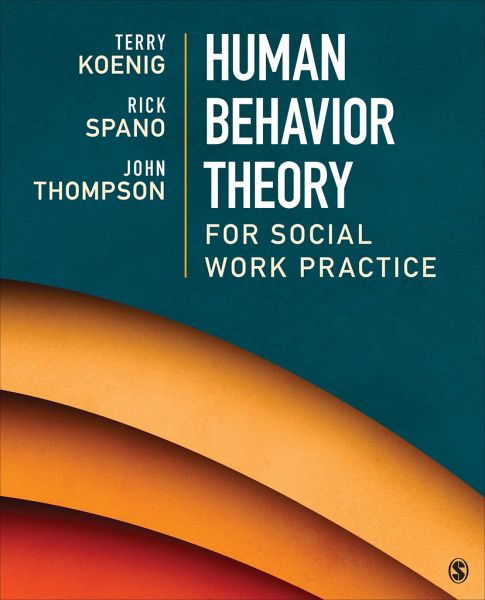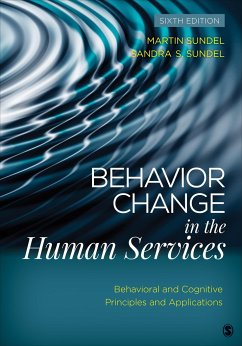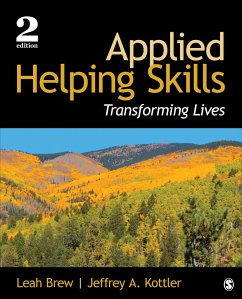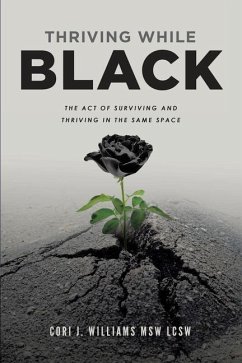
Human Behavior Theory for Social Work Practice
Versandkostenfrei!
Versandfertig in über 4 Wochen
179,99 €
inkl. MwSt.

PAYBACK Punkte
90 °P sammeln!
Human Behavior Theory for Social Work Practice provides an in-depth examination of human behavior theories and helps students apply each theory to social work practice. Authors Terry Koenig, Rick Spano, and John Thompson cover a broad spectrum of theories—including ecological, psychological, and sociopolitical—before applying them to a wide range of case examples that represent different stages across the human lifespan. Drawing from their extensive knowledge and experience in social work practice and teaching, the authors also feature scholarly research and writing to support the understa...
Human Behavior Theory for Social Work Practice provides an in-depth examination of human behavior theories and helps students apply each theory to social work practice. Authors Terry Koenig, Rick Spano, and John Thompson cover a broad spectrum of theories—including ecological, psychological, and sociopolitical—before applying them to a wide range of case examples that represent different stages across the human lifespan. Drawing from their extensive knowledge and experience in social work practice and teaching, the authors also feature scholarly research and writing to support the understanding of the theoretical overview in each chapter.












